The Met Office has issued an amber warning for snow and ice across mid and north Wales on Thursday morning.
The updated warning states that snow is expected to develop during Thursday morning and will beome persistent at times, before easing later in the day.
The amber warning runs from 8am until 3pm on Thursday.
The Met Office says: "As milder air begins to arrive from the south, there is a chance that snow could turn to freezing rain across some higher routes above 200 metres.
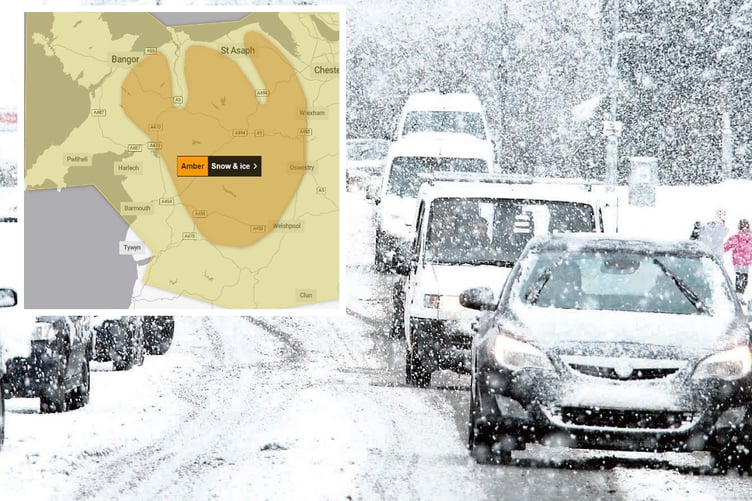
"Across the warning area, 10-15 cm of snow is expected quite widely but some places, particularly those above 200 metres, may see 20-25 cm of snow.
"Strong and gusty easterly winds may lead to some drifting in places."
A yellow warning is also in place for much of mid and north Wales from 6am on Thursday until 6am on Friday.
This warning states: "A band of rain, sleet and snow will move north on Thursday. At low levels, accumulating snow will be very variable with some places seeing little or no snow, whilst others see 2-5 cm accumulate over a few hours before gradually thawing later Thursday and overnight."
Jason Kelly, Met Office Chief Meteorologist, said: “Cold across most areas away from the south the UK, will be met by moisture-laden air spreading from the south. Where milder air encounters cold air, rain, sleet and snow will develop, bringing the risk of 2-5cm of snow in places, whilst some other areas see little or no snow.
“Over higher ground 5-10cm is likely, while locations above 200m within the Amber warning areas could see up to 25cm of snowfall. Snow here could drift in strong to gale force easterly winds.
"As the milder air from the south gradually pushes northwards the focus for wintry hazards also shifts northward with warnings issued for Scotland.”
Amy Shaw, National Network Manager at National Highways, said: “Freezing conditions bring hazards such as snow and ice, so take every possible step to understand your journey in advance and allow lots of extra time when travelling to prepare for the unexpected.
“It is therefore always important to plan ahead for your journey, check the weather forecasts, and if weather conditions become challenging, adjust your driving behaviour and take extra care.”
What should I do?
It is safer not to drive in these conditions, but if you need to make an essential journey, consider alternative forms of transport, to keep you and others safe.
If you must drive, do this more safely by: using dipped headlights; accelerating gently, using low revs and changing to higher gears as quickly as possible; starting in second gear to help with wheel slip; maintaining a safe and steady speed, keeping distance from other vehicles; using a low gear to go downhill, avoiding braking unless necessary; steering into skids, not taking your hands of the wheel, and avoiding slamming on brakes.
Similarly, if cycling, try and stick to main roads which are more likely to have been treated. People cope better with power cuts when they have prepared for them in advance. It’s easy to do; consider gathering torches and batteries, a mobile phone power pack and other essential items.
If isolated due to snow, follow these simple steps to keep safe and well: keep the thermostat set to the same temperature both during the day and at night; turn off electrical heaters and put out your fire before going to bed; ensure pets are safe by keeping them warm and comfortable; prevent frozen pipes by opening kitchen and bathroom cabinet doors to allow warmer air to circulate around the plumbing; stay indoors, wrap up warm and close internal doors to keep the heat in; and, if you need support call the British Red Cross Support Line on 0808 196 3651.
Help to protect the vulnerable people that you know including older people, those with underlying conditions and those who live alone; they may need support with food and medical supplies. If you are worried about your health or that of somebody you know, ring NHS 111. Stay up to date with the weather forecast for your area and follow advice from emergency services and local authorities.
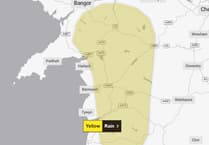
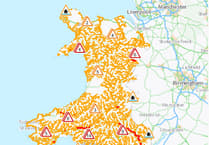
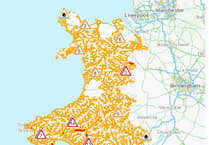
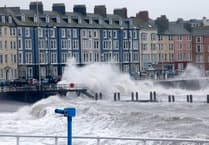
Comments
This article has no comments yet. Be the first to leave a comment.